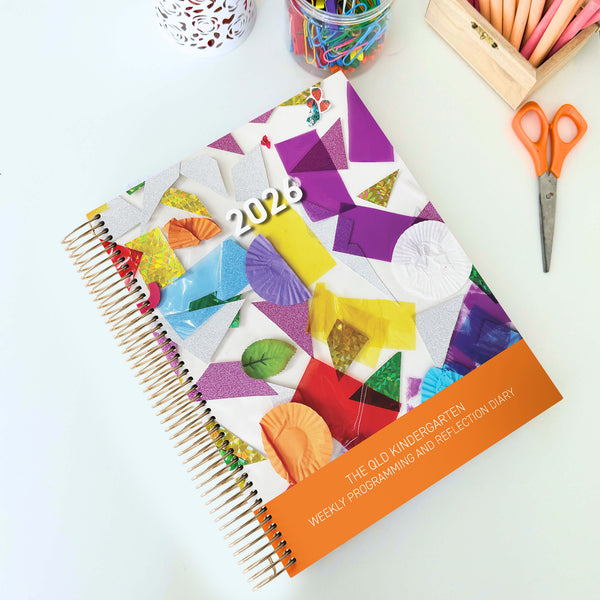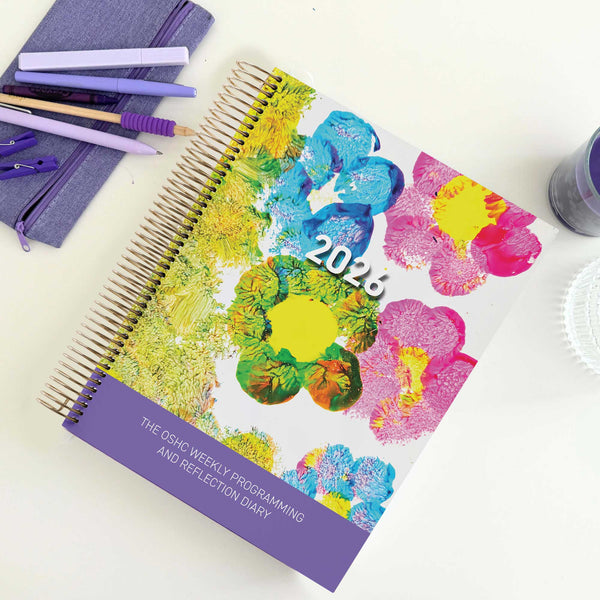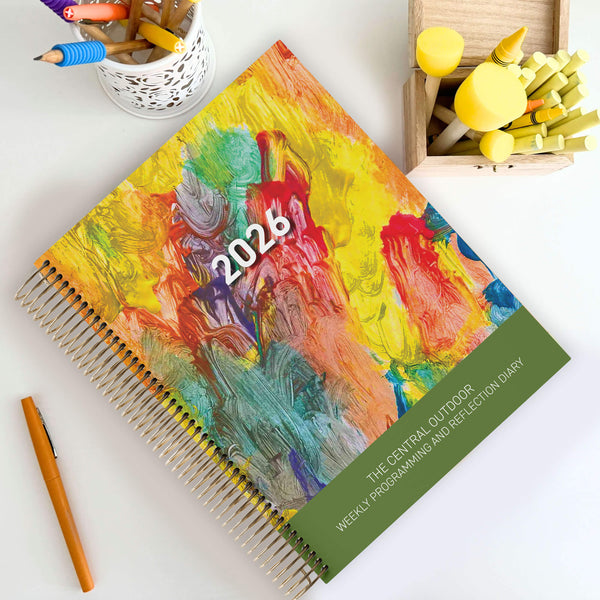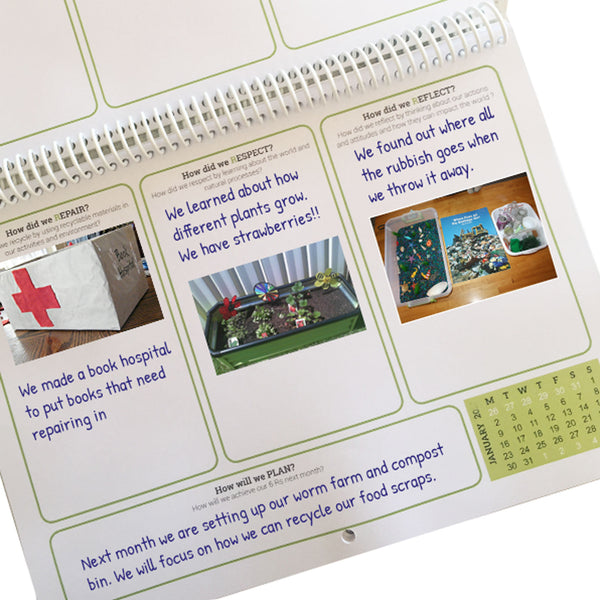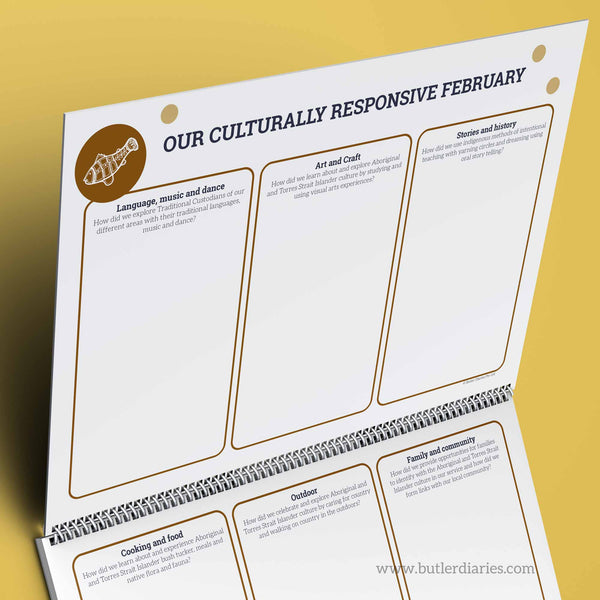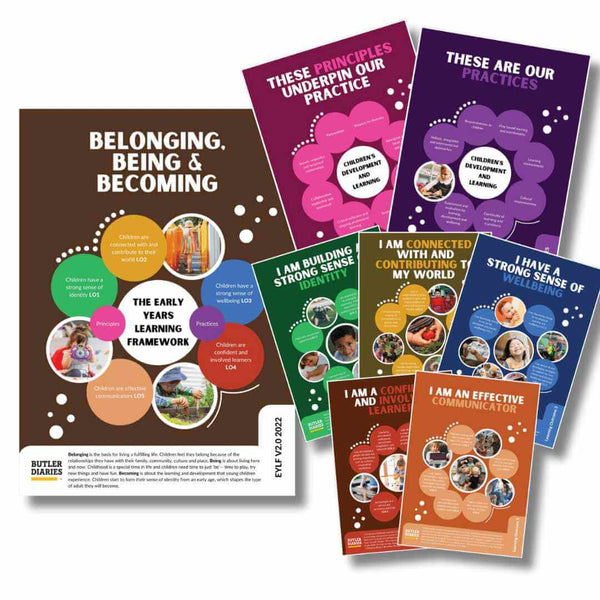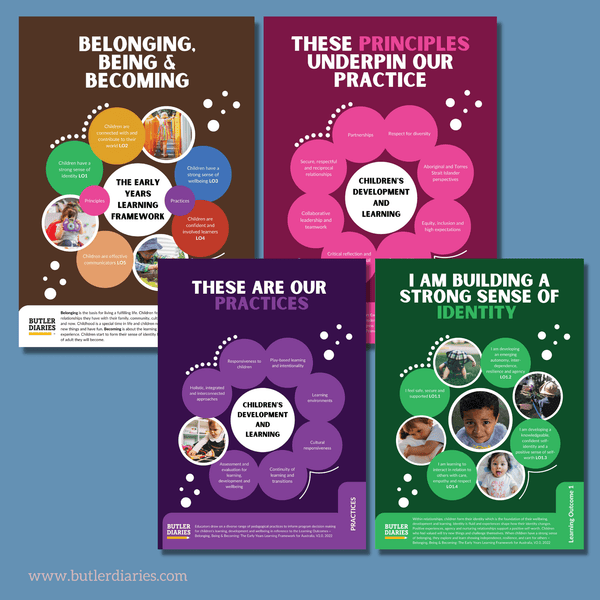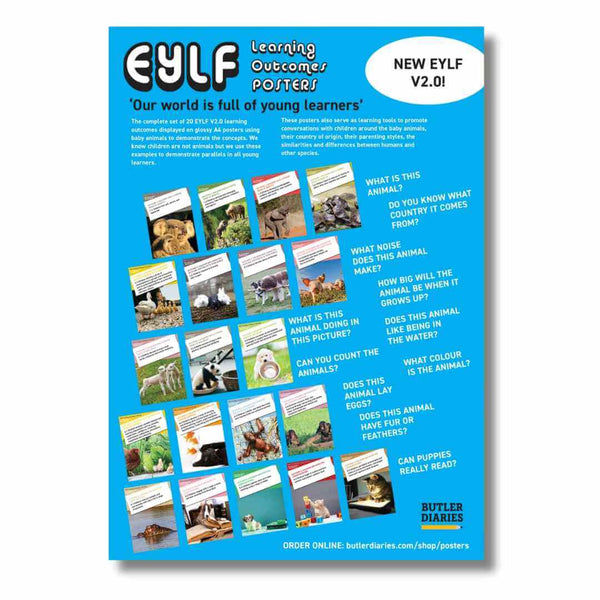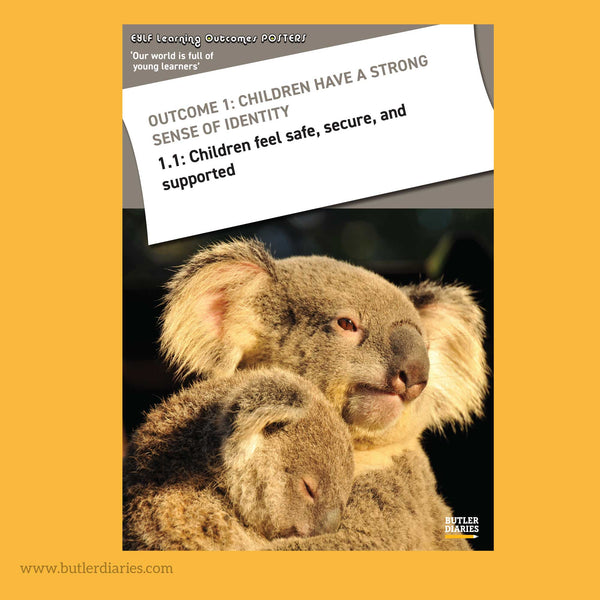Here's another quick reference guide. This time to help you link the EYLF and MTOP practices with Theorists in Early Childhood Development. Perfect for your programming, reflections, and learning stories!
_______
Holistic, Integrated and Interconnected Approaches
Howard Gardner's Multiple Intelligences Theory
Gardner's theory emphasises diverse ways of thinking and learning, directly aligning with EYLF and MTOP's practice of viewing children's development holistically, integrating all aspects of learning.
- Connection to EYLF and MTOP: This theory values diverse ways of thinking and learning, resonating with EYLF and MTOP's holistic view of children's development.
- Practical Application: Educators can plan activities that cater to different intelligences, fostering a more inclusive and well-rounded learning experience.
_______
Responsiveness to Children
Carl Rogers' Person-Centred Approach
Rogers' emphasis on empathy and individual needs resonates with EYLF and MTOP's focus on being responsive to children, valuing their voices and personal experiences.
- Connection to EYLF and MTOP: Rogers emphasised the importance of empathy and active listening, aligning with EYLF and MTOP's focus on responsiveness to individual needs.
- Practical Application: Educators are attentive to children's feelings, ideas, and interests, adapting their practices to be child-centred.
_______
Play-Based Learning and Intentionality
Jean Piaget's Theory of Cognitive Development
Piaget's work on the importance of play in cognitive growth supports EYLF and MTOP's emphasis on intentional play-based learning, cultivating children's natural curiosity.
- Connection to EYLF and MTOP: Piaget's work on the value of play in learning underpins EYLF and MTOP's emphasis on play-based experiences.
- Practical Application: Educators encourage explorative and imaginative play, facilitating cognitive development in a joyful and engaging way.

_______
Learning Environments
Maria Montessori's Educational Philosophy
Montessori's philosophy on structured environments complements EYLF and MTOP's attention to crafting optimal learning environments that foster independence and exploration.
- Connection to EYLF and MTOP: Montessori believed in carefully crafted environments to aid learning, reflecting EYLF and MTOP's focus on the learning environment.
- Practical Application: Creating orderly, attractive spaces with accessible resources encourages independence, curiosity, and exploration.
_______
Cultural Responsiveness
Funds of Knowledge by Luis Moll and others
This approach recognises the value of children's cultural backgrounds, mirroring EYLF and MTOP’s commitment to being culturally responsive, respecting and integrating diverse traditions.
- Connection to EYLF and MTOP: This approach recognises the rich cultural knowledge that children bring, mirroring EYLF and MTOP’s commitment to cultural responsiveness.
- Practical Application: Educators actively seek understanding of children’s cultural backgrounds and integrate them into daily practices.
_______
Continuity of Learning and Transitions
Arnold Gesell’s Maturation Theory
Gesell's theory highlights natural development stages, aligning with EYLF and MTOP's focus on ensuring smooth transitions and continuity in children's learning experiences.
- Connection to EYLF and MTOP: Gesell's theory emphasises natural development stages, aligning with EYLF and MTOP's principles on continuity and transitions.
- Practical Application: Educators plan for smooth transitions between different stages, respecting each child's unique developmental pace.
_______
Assessment and Evaluation for Learning, Development and Wellbeing
Robert Stake's Responsive Evaluation
Stake's methodology of contextually relevant evaluation reflects EYLF and MTOP's emphasis on tailored, responsive assessments that support individual learning, development, and wellbeing.
- Connection to EYLF and MTOP: Stake's work focuses on contextually relevant evaluation, reflecting EYLF and MTOP's emphasis on tailored assessments for learning and wellbeing.
- Practical Application: Utilising observation, documentation, and reflection, educators continually assess and adapt their practices to meet children's individual needs.
_______
Need help with an easier way to record your Reflections? Check out our programming and reflection resources. For more tips on linking EYLF, check out this article linking theorist to EYLF outcomes or this article linking theorists to EYLF principles.











